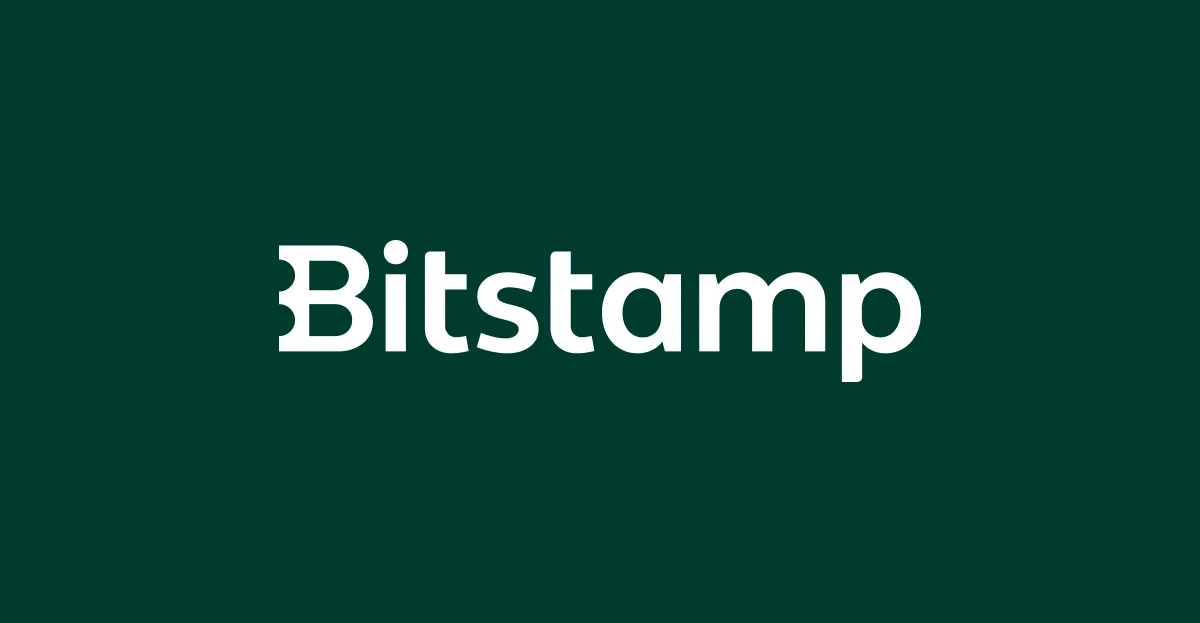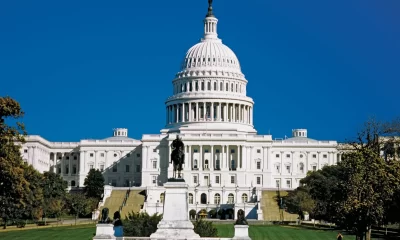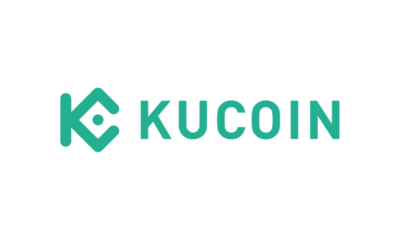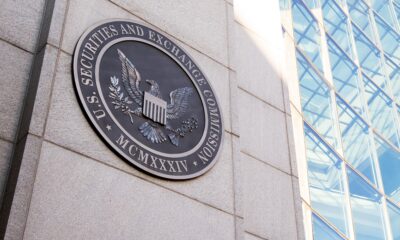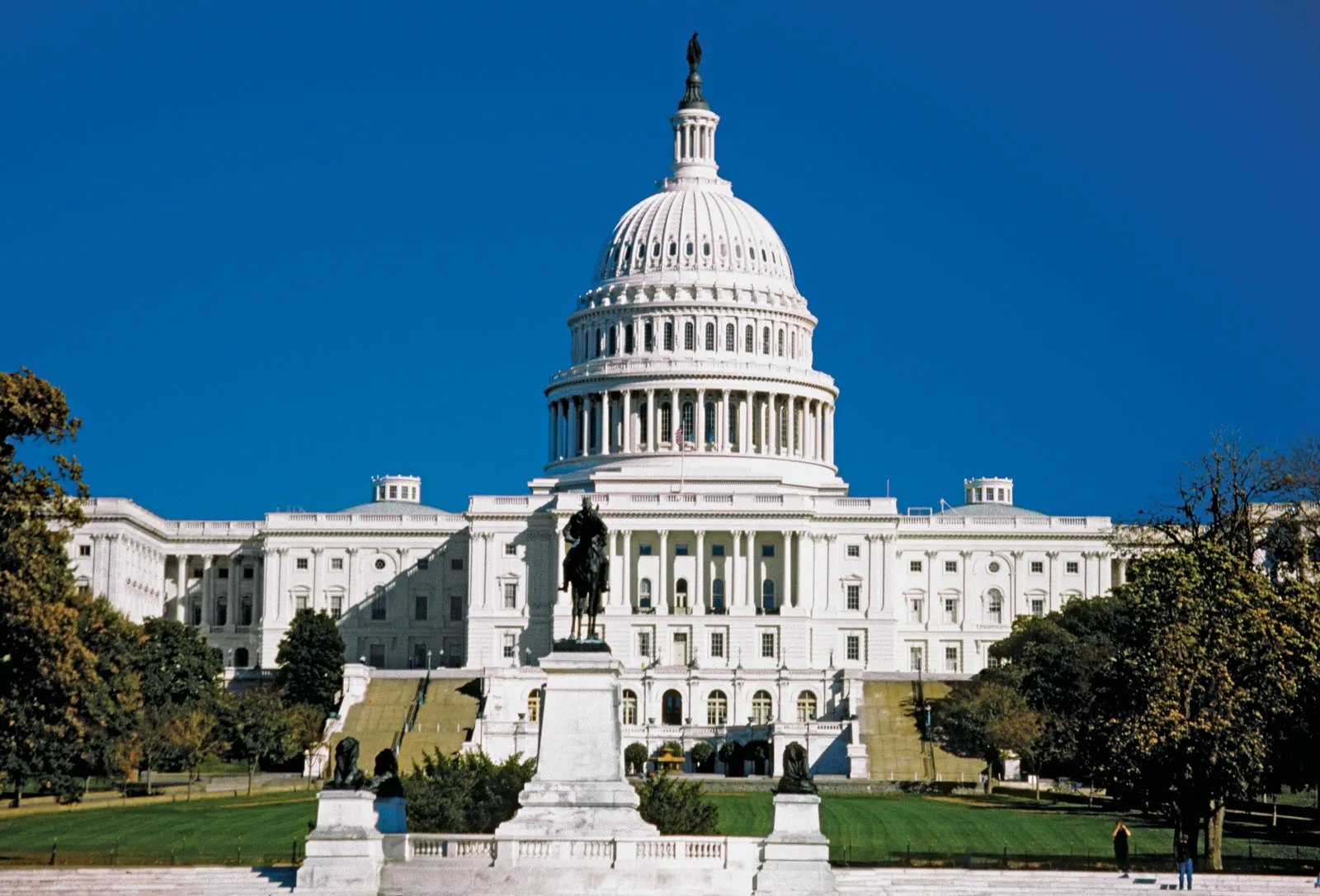Business
Bitstamp drops Tether’s euro stablecoin amid new MiCA rules
Bitstamp, a prominent cryptocurrency exchange, has decided to delist the Euro Tether (EURt) pairing from its platform as part of its compliance efforts with the Markets in Crypto-Assets (MiCA) regulations set by the European Union (EU).
-

 Business1 week ago
Business1 week agoJapan’s ‘Strategy,’ Metaplanet, to buy 91K Bitcoin in next 18 months
-

 Business1 week ago
Business1 week agoKenya’s crypto tax could hinder Africa’s digital growth opportunity
-
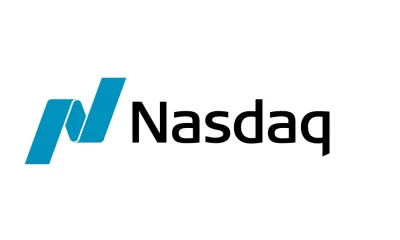
 Business6 days ago
Business6 days agoNasdaq-listed fintech Netcapital acquires crypto native protocol Mixie
-

 Business1 week ago
Business1 week agoMetaplanet shares jump after $5.4B plan to buy Bitcoin
-

 Business1 week ago
Business1 week agoTether USDT stablecoin seen on Bolivian store price tags
-

 Business6 days ago
Business6 days agoHong Kong to use Chainlink protocol in CBDC pilot project
-

 Business6 days ago
Business6 days agoSEC Chair bashes Gensler’s approach to crypto, defends self-custody
-

 Business6 days ago
Business6 days agoBlackRock’s Bitcoin fund blows past $70B in record pace for ETFs

